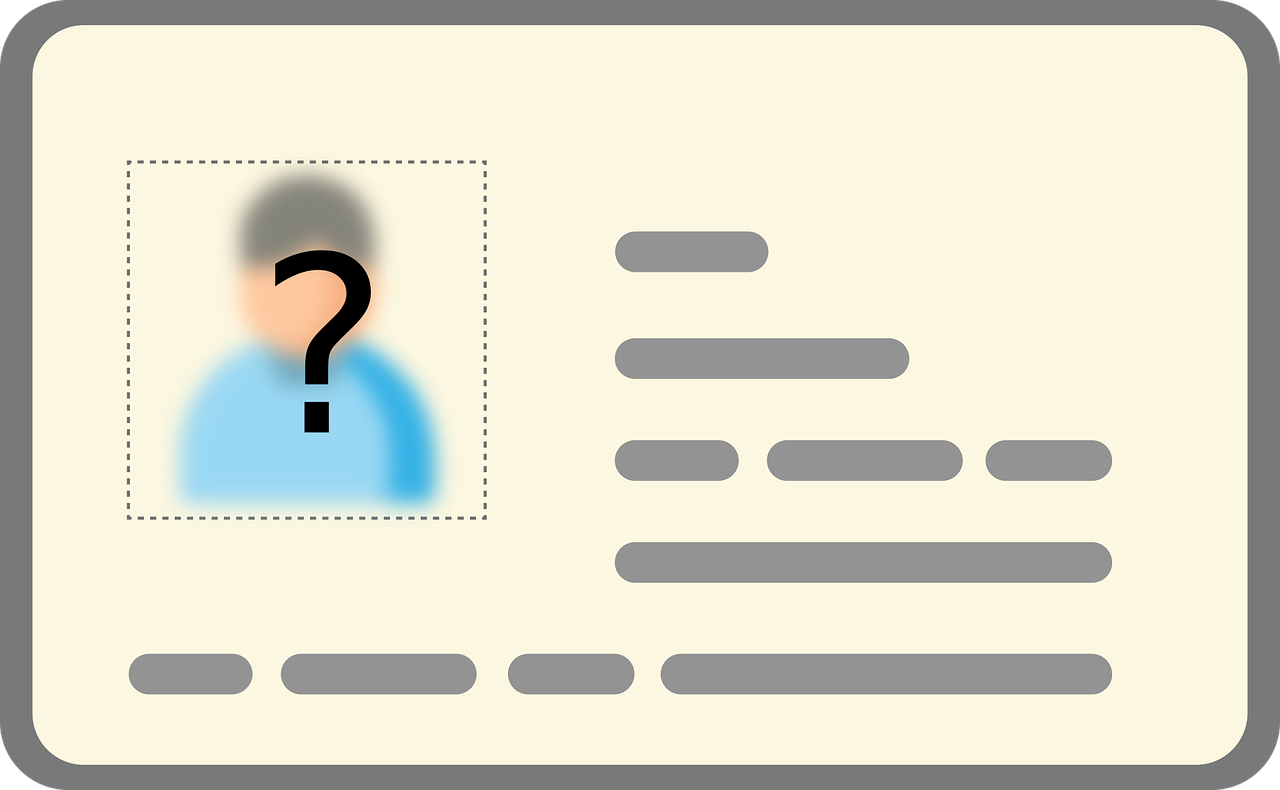In today’s competitive business landscape, brokers play a crucial role in facilitating transactions, negotiations, and deals across various industries. Whether it’s in real estate, insurance, finance, or other sectors, brokers act as intermediaries, connecting buyers and sellers to achieve mutually beneficial outcomes. However, to operate legally and effectively in these roles, aspiring brokers must obtain a broker’s license. In this article, we will explore the process of obtaining a broker’s license, its significance, and the doors it can open for ambitious professionals.
Understanding the Broker’s License
A broker’s license is an official authorization granted by regulatory bodies that enables individuals to legally act as brokers within specific industries. Each sector has its own set of licensing requirements, designed to ensure that brokers possess the necessary knowledge, skills, and ethics to carry out their responsibilities effectively. Whether you wish to be a real estate broker, insurance broker, stockbroker, or mortgage broker, acquiring the appropriate license is paramount.
Steps to Obtain a Broker’s License
To embark on your journey to becoming a licensed broker, you must follow these essential steps:
- Research and Choose Your Industry: Determine the field in which you wish to operate as a broker and learn about the specific license requirements for that industry.
- Meet Educational Prerequisites: Most broker’s licenses demand completion of specific courses or educational qualifications. Enroll in approved programs to fulfill these prerequisites.
- Gain Relevant Work Experience (if required): Some licenses may require you to have prior experience in the field before you can apply. Work in related roles to meet these criteria.
- Prepare for the Licensing Examination: Study diligently for the licensing examination, which assesses your knowledge and understanding of the industry. Utilize study resources, take mock tests, and practice exams to enhance your readiness.
- Submit the Application: Once you’ve met all the requirements, submit your license application along with the necessary fees to the regulatory authority.
Navigating the Licensing Examination
The licensing examination is a critical aspect of obtaining a broker’s license. It tests your understanding of industry regulations, ethics, and core competencies required for the role. To excel in the examination:
- Familiarize yourself with the exam format and structure.
- Study key topics thoroughly, including laws, procedures, and best practices.
- Utilize study aids and take practice exams to gauge your readiness.
- Develop effective test-taking strategies to manage time and reduce stress during the exam.
Complying with Licensing Regulations
Obtaining a broker’s license is just the beginning. To maintain your license and stay active in the industry, you must adhere to specific regulations, such as:
- Continuing Education Requirements: Participate in ongoing education programs to stay updated with industry changes and advancements.
- Renewal Processes: Follow renewal procedures to keep your license valid and prevent any interruptions in your career.
- Consequences of Non-Compliance: Understand the potential repercussions of failing to meet licensing obligations, such as license suspension or revocation.
Advantages of Holding a Broker’s License
A broker’s license can unlock a world of opportunities and benefits, including:
- Enhanced Career Opportunities: Licensed brokers enjoy access to higher-tier positions and increased earning potential.
- Credibility and Trust: Clients and employers tend to trust licensed brokers more, giving you a competitive edge in the market.
- Flexibility and Independence: A broker’s license offers the freedom to work independently or with reputable firms, giving you greater control over your career path.
Industries and Specializations for Broker’s License
Brokers are vital in various industries, including but not limited to:
- Real Estate Broker’s License: Facilitating property transactions and assisting clients in buying, selling, or leasing properties.
- Insurance Broker’s License: Acting as intermediaries between clients and insurance providers, offering tailored coverage solutions.
- Stockbroker License: Executing trades on behalf of clients and providing investment advice in the financial markets.
- Mortgage Broker’s License: Assisting clients in securing mortgage loans from lenders.
Challenges and Obstacles in Obtaining a Broker’s License
Becoming a licensed broker may present some challenges, such as meeting stringent educational and experience requirements. However, determination, hard work, and perseverance can overcome these hurdles and lead to a rewarding career.
Success Stories: Testimonials from Licensed Brokers
Hear inspiring stories from successful licensed brokers who have conquered the licensing process and built thriving careers. Their experiences and advice can offer invaluable insights for aspiring brokers.
A broker’s license is a gateway to a promising and dynamic career in various industries. By understanding the licensing process, preparing diligently for the examination, and complying with regulations, you can unlock a world of opportunities and take your professional journey to new heights. Embrace the challenge, and embark on the path of becoming a licensed broker to seize the boundless possibilities that lie ahead.

